Happy Earth Day, everyone! Did you know that today actually marks the 50th anniversary of Earth Day? It all started back in 1970, when about 20 million Americans got together to demand greater attention to the protection of the planet. Over time, activists all over the world decided to join the movement, and here we are today! Earth Day is a time to reflect on our awesome planet — the ecosystems that we share it with, and how we can live in ways that are sustainable.
Every Earth Day finds us renewing promises to help wildlife, change how we get energy, and reduce pollution. Usually, we're relying on scientific theories and projections to understand how future actions could change our planet for the better. But as a result of the world being under lockdown due to the coronavirus, this year has given us something unique.
The chance to actually see what a change might look like.
Less travel, less pollution
For decades, scientists have spoken about how traveling in cars, trucks, and especially airplanes pollutes the air. Then lockdowns greatly restricted travel — many businesses were closed and people were asked to stay at home.
With less reason to get in a car or a plane, pollution in cities around the world has dropped dramatically. This change has been especially noticeable in highly polluted cities like Delhi, India.
A typical sky in Delhi, which has suffered from some of the world's worst air pollution for years. Since the lockdown, the Delhi air has been smog-free and much cleaner. (Getty Embed)
For years, the air quality there was so poor that the city was covered in a fog of dirty air, citizens were plagued by coughing infections, and schools even closed at times. Now people wake up to blue skies and can breathe fresh air for the first time in ages.
Meanwhile in China, which was one of the first countries to impose lockdowns back in January, saw a 40% drop in NO2 (nitrogen dioxide, an air pollutant) in its air over January and February.
Lockdown not the solution
Of course, the solution to pollution isn't to lock everyone in their homes and take away their car keys.
Not only is that undemocratic, it would also be a big problem for the economy. The lockdown has hit the global economy very hard, putting millions of people out of work and stalling businesses everywhere. Experts warn that weak economies will find it harder to fight climate change, not easier. (This is because we need to invest money in growing new green businesses to really change our society.)
But these lockdowns are proof of how dramatically even a brief reduction in traffic can improve air quality. And some cities are already promising to act on it.
Milan makes a plan
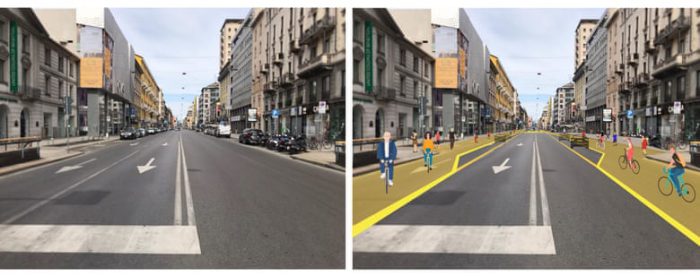
A proposed before and after of Corso Buenos Aires in Milan after the Strade Aperte plan. (PR handout)
One of the regions that has been hardest hit by the coronavirus is northern Italy. Things got so bad that mayors were seen online begging citizens to stay at home at all costs.
Milan, Italy was one of the largest cities affected — it also has some of the most polluted air in Europe. But like in Delhi, a change has been seen — less traffic has equalled less air pollution. And when things do get better, Milan doesn't want to just return to the same old normal.
“We worked for years to reduce car use," Milan deputy mayor Marco Granelli told The Guardian. “Of course, we want to reopen the economy, but we think we should do it on a different basis from before."
Called the Strade Aperte plan, the city is planning to change 35 km (22 miles) of its streets, bringing lower speed limits, wide bike lanes and increased pedestrian space. The idea? Make it easier and safer to walk or bike and less people will choose a car. Therefore, less pollution and safer cities!
Will changes stick?
It sounds like a cool idea. And already, officials from large cities around the world — London to New York — have said they're going to keep an eye on how Milan's plan rolls out.
But humans also have a habit of returning to how things were after a crisis passes. So the question is: Will COVID-19 change how our cities do things for good?
On this Earth Day, it's an interesting question to answer!
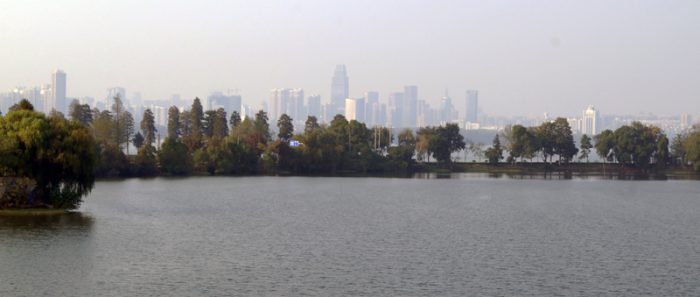 Before being hit by COVID-19, Wuhan, China was covered in grey air pollution. Then the lockdown cleaned up the air... (© Jonathan Hugo Jiménez Gómez - Dreamstime.com)
Before being hit by COVID-19, Wuhan, China was covered in grey air pollution. Then the lockdown cleaned up the air... (© Jonathan Hugo Jiménez Gómez - Dreamstime.com)


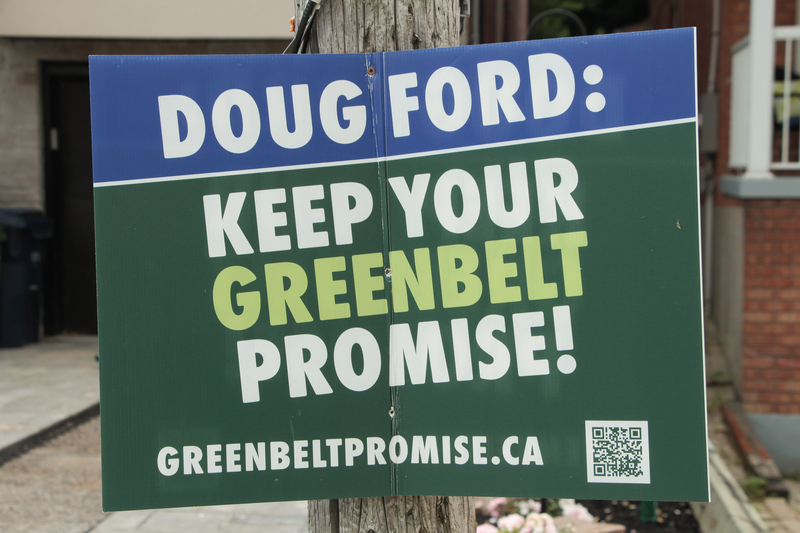
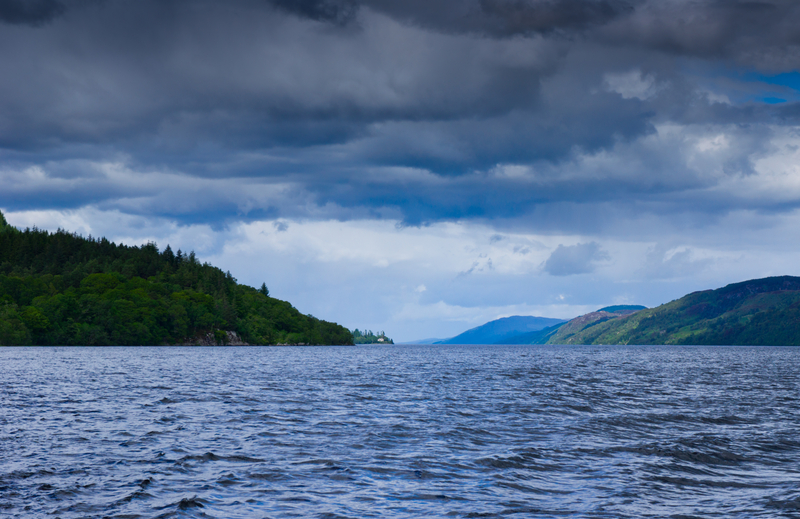
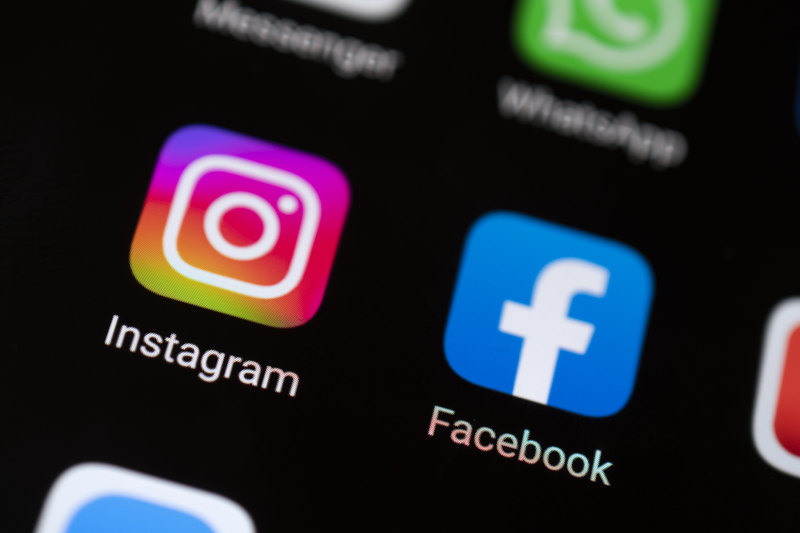
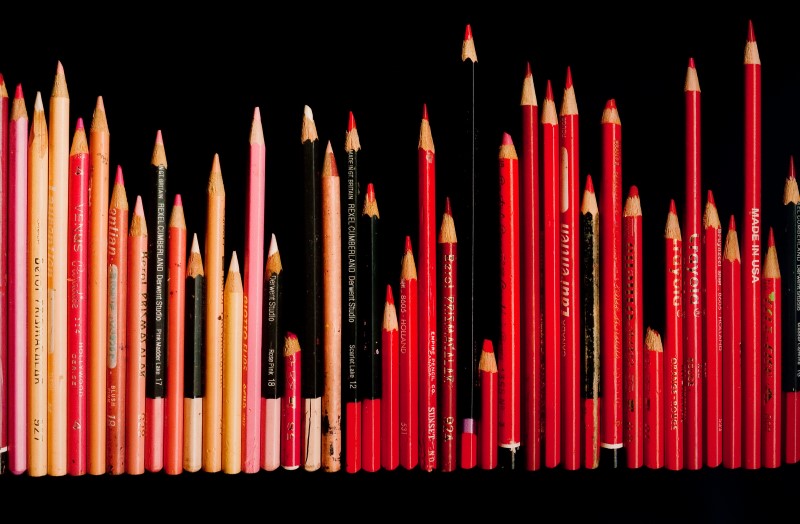


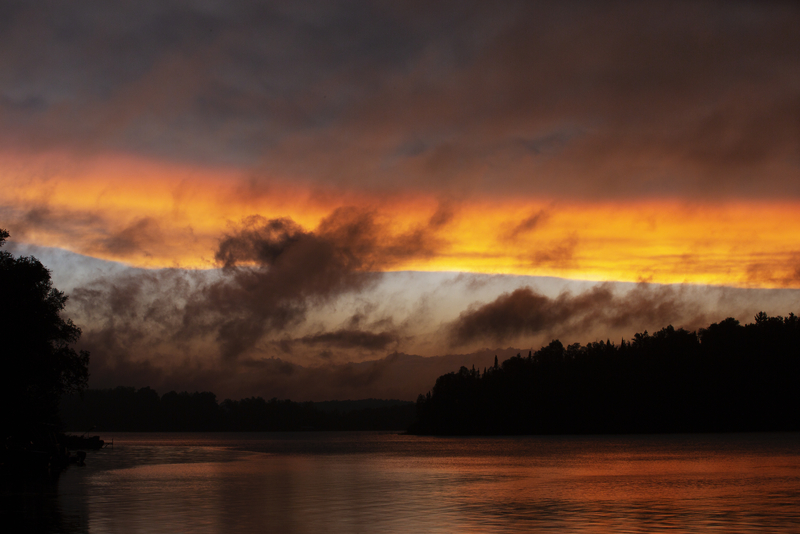
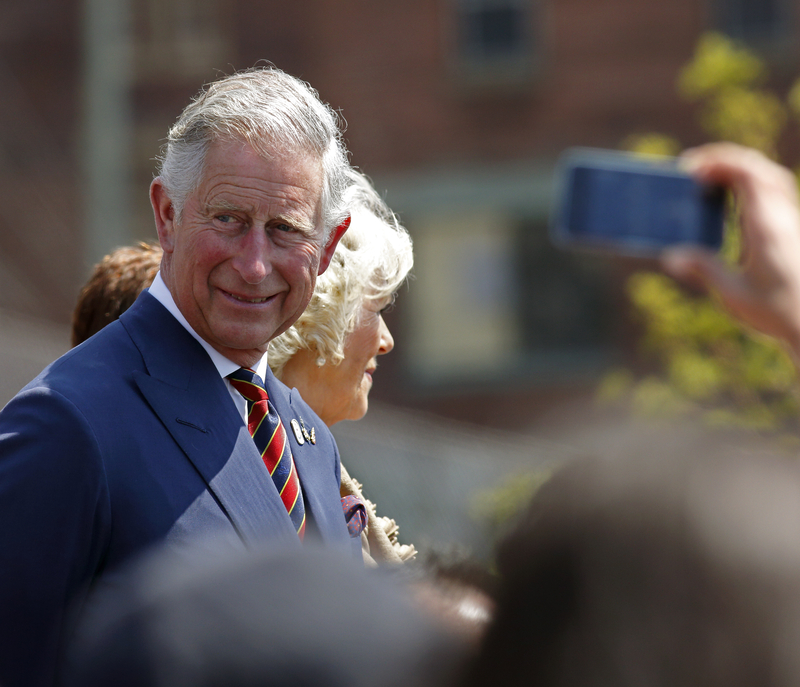
Wi like the idea in Italy about mor bike lanes and les driveing.
Hazel
I hope it will end soon.
I do support Milan’s plan ❗ This is a good solution to reduce pollution, but i’m afraid it doesn’t fit every city, as we can see, some cities like Beijing, shanghai, etc. they are too big to walk or bike.